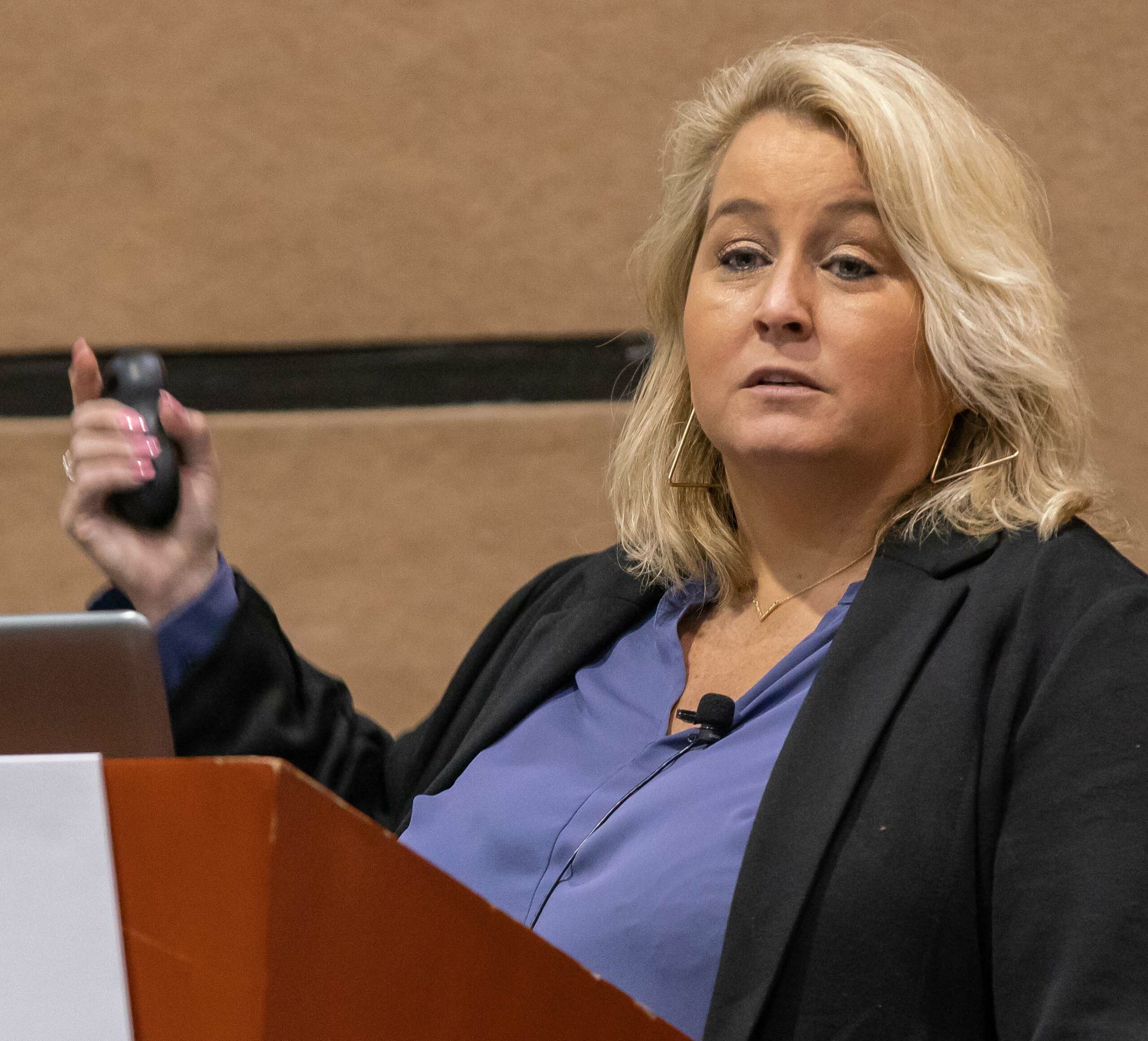BATON ROUGE, LA – Louisiana Governor Jeff Landy signed HB 839, legislation that curbs the substitution of step therapy or fail-first protocols for prescribed ventilators when clinical evidence demonstrates that these protocols will be less effective or cause an adverse reaction to the patient.
The measure was strongly supported in the Louisiana legislature, with just a single vote against it on the House (97-1) and unanimous approval in the Senate (35-0).
 “The fail-first approach to treating individuals with severe respiratory challenges deserves a failing grade for the stress this practice causes for patients, families, and caregivers,” said David Chandler, AAHomecare senior director of Payer Relations. “Louisiana HME leaders and respiratory stakeholders have done a great job in explaining the importance of relying on clinical expertise when NIV is prescribed. We hope this success inspires other states to take action to limit the use of fail first and step therapy in acute respiratory care.”
“The fail-first approach to treating individuals with severe respiratory challenges deserves a failing grade for the stress this practice causes for patients, families, and caregivers,” said David Chandler, AAHomecare senior director of Payer Relations. “Louisiana HME leaders and respiratory stakeholders have done a great job in explaining the importance of relying on clinical expertise when NIV is prescribed. We hope this success inspires other states to take action to limit the use of fail first and step therapy in acute respiratory care.”
The measure applies to treatment of patients across the full spectrum of local health coverage plans in Louisiana and goes into effect on August 1.
House Members Ask CMS To Affirm NIV Coverage Policy For MA Plans
Eleven members of the House of Representatives have asked CMS Administrator Chiquita Brooks-LaSure to take action to ensure that Medicare Advantage (MA) payers do not employ coverage criteria for non-invasive ventilators that is more restrictive than Medicare NCD guidelines.
The legislators’ letter specifically cites cases where patients are subjected to additional testing and use of a Respiratory Assist Device under a try-and-fail basis before receiving an NIV for which they qualify under the NCD.
The letter asserts that “the lack of accountability for the development of internal coverage criteria for MA plans may steer patients into ineffective treatment plans while ignoring widely published evidence establishing the clinical efficacy of NIV,” and adds: “it is clear that action is necessary to ensure the ongoing work of CMS supports all Medicare beneficiaries, individuals with disabilities, and our most at risk patients as intended by the law.”
The letter, led by Dr. Rep. Neil Dunn (R-FL), a former Army Surgeon, was also endorsed by two other House colleagues with professional medical backgrounds, Reps. Marjorie Miller Meeks (R-IA) and Larry Bucshon (R-IN).
AAHomecare and its patient group and clinician partners will continue to press policymakers and payers to ensure appropriate access to NIV for all individuals with significant respiratory challenges. See the letter here.
Oklahoma HME Leaders Score Significant Win
OKLAHOMA CITY, OK – More than two years of persistent advocacy and relationship-building efforts by Oklahoma HME leaders have paid off in the passage of legislation that improves patient access to DMEPOS across the state.
The Patient’s Right of Choice Act (HB 1712) allows patients to use out-of-network suppliers if there is no in-network supplier within 15 miles of the patient’s residence without any penalties or co-pays for going outside of network. This bill will allow patients in rural areas to secure equipment and related service from a wider range of suppliers who are more conveniently located to serve them.
The win is remarkable for the effort it took to bring it home. Since being introduced in February 2023, leaders at the Oklahoma Medical Equipment Providers Association (OMEPA) worked to build support in both chambers of the state legislature and with the Oklahoma Health Care Authority and the Oklahoma Insurance Commission. The preparation and effective lobbying work paid off when the bill passed the Oklahoma House and Senate in March and April.
 An unexpected veto by the Governor in late April appeared to put the bill in jeopardy, but the thoroughness and persistence of OMEPA’s legislative engagement paved the way for overwhelming votes to override the veto in the House (82-13) and Senate (37-6).
An unexpected veto by the Governor in late April appeared to put the bill in jeopardy, but the thoroughness and persistence of OMEPA’s legislative engagement paved the way for overwhelming votes to override the veto in the House (82-13) and Senate (37-6).
“Our team worked very hard to make sure Oklahoma legislators understood the challenges faced by patients in rural areas who don’t have an “in-network” provider nearby,” said OMEPA Vice President Victor Clay. “I was able to tell one legislator about a constituent of his who needed to take off work to make a 60-mile trip to get equipment from a network supplier when a closer supplier was available. Those kinds of stories really hit home; you’ve just got to keep looking for opportunities to tell them.”
“Getting this bill passed in both chambers and then securing votes to override a veto is a terrific achievement,” said AAHomecare Senior Vice President of Payer Relations Laura Williard. “Larry Dalton (OMEPA President), Victor Clay, and rest of the OMEPA advocacy team have established a lot of credibility for the HME community in Oklahoma, and it’s paid off in important wins like this one for their members.”
“It’s gratifying and inspiring to see HME leaders pass legislation that makes it easier for patients to work with suppliers who are closer to home,” adds Williard. “Access to care and improved patient choice really makes a difference for people with disabilities and other healthcare challenges.”


